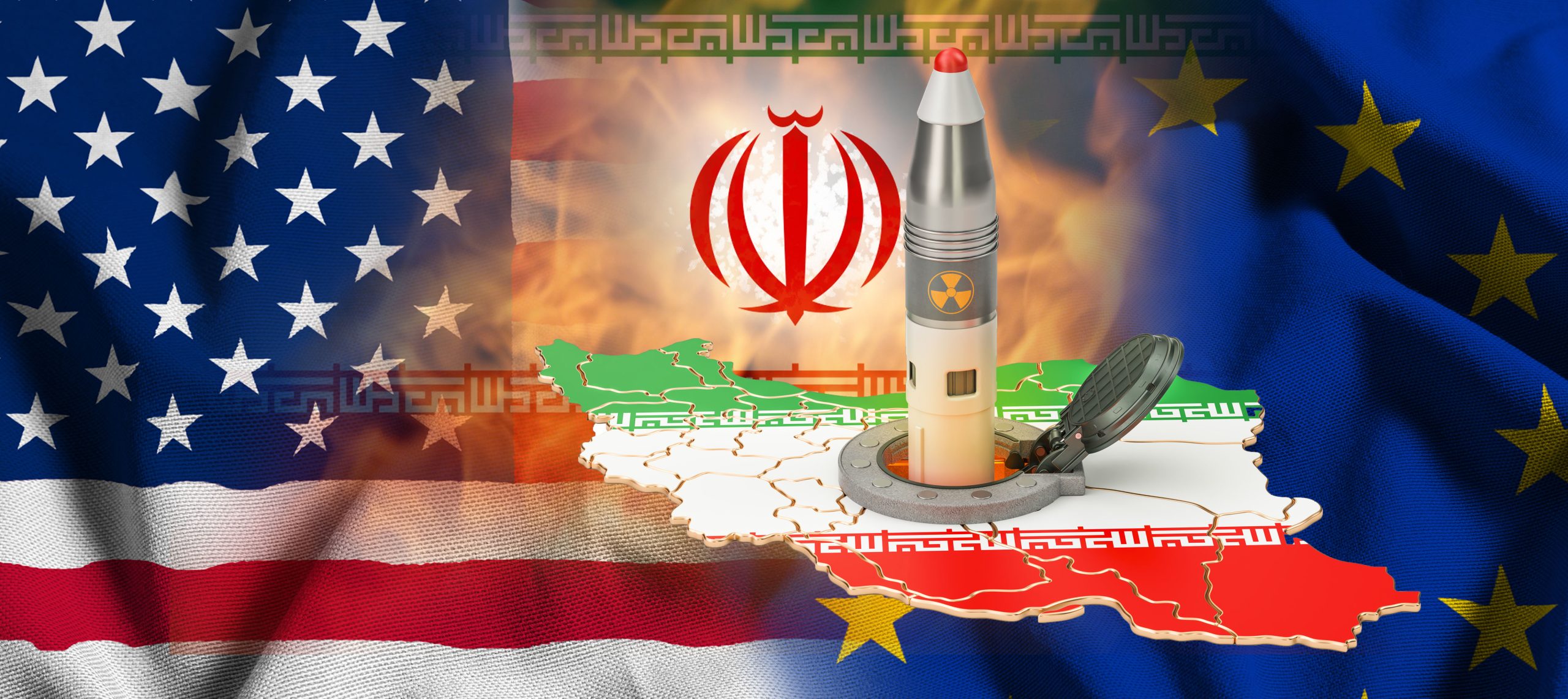
**US Researchers Contemplating International Relocation: Emerging Trends in Global Research Mobility**
A recent study by Elsevier has revealed a significant trend among researchers in the United States who are increasingly considering moving abroad to enhance their careers. The survey, which captured feedback from over 3000 researchers globally, indicates that 40% of US researchers are contemplating relocating to another nation within the next two years. This represents a marked rise from three years ago and surpasses the global average of 29%.
The factors motivating US researchers to think about relocation include greater autonomy in pursuing specific research interests (61%), the appeal of improved work-life balance (58%), and a heightened availability of research funding overseas (47%). Favored countries for potential relocations include Canada (55%), the UK (38%), and Germany (32%). Despite these trends, the US continues to be a sought-after destination for researchers from India, Japan, and China.
Funding expectations further clarify this trend, with merely 9% of US researchers predicting that research funding will outpace inflation in the near future, in contrast to 33% globally, 14% in Germany, and 15% in the UK. Conversely, China and India show greater optimism, with 44% and 68% respectively expecting an increase in funding.
The survey reflects a change in international mobility patterns, shaped by geopolitical elements. Countries that have historically attracted foreign researchers, such as the US, are facing obstacles due to discussions on immigration rules and budgetary concerns. In contrast, some nations, particularly China, are implementing strategies to retain talent, like the ‘Thousand Talents’ program.
Neal Lane, a physicist and former director of the US National Science Foundation, connects these trends to issues like declining grant approval rates and political difficulties in the US. However, while there are notable opportunities abroad, some, including contributor Chemjobber, voice doubts about a significant departure. He stresses the necessity of tracking these trends over time to assess potential shifts in global research landscapes.